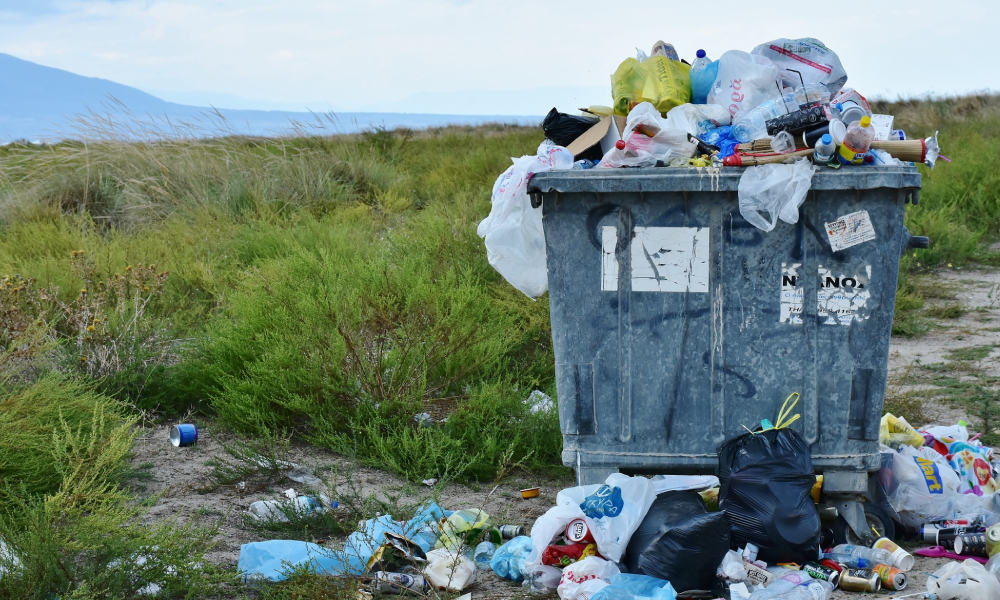
Sanitary pads take 250-800 years to decompose, which is pushing young Indians to opt for greener alternatives
#Sustainability
businessinsider.in/sustainability…
By @karunasharmaa
#Sustainability
businessinsider.in/sustainability…
By @karunasharmaa

Every year, around 12.3 billion used sanitary pads are dumped in landfills in India, said a report by the environmental group Toxics Link. Each of these non-organic sanitary pads is equivalent to four plastic bags, and it takes 250-800 years to decompose.
#sustainability
#sustainability

To reduce their carbon footprint on Earth, young #millennials and #GenZ are switching to greener options like menstrual cups, reusable pads, period discs, tampons, period panties, etc. Not only are these alternatives greener but some of them are also cheaper.
#sustainability
#sustainability
“There are more than 35 crore menstruating women in India. If all of them use 20 pads in a month, just imagine the mammoth amount of plastic waste we can generate,” says Devidutta Dash, founder of new-age menstrual care startup @LemmeBeOfficial.
#sustainability #startup
#sustainability #startup

Period care brand Sirona Hygiene says it’s bringing in 20,000-30,000 new consumers for its menstrual cups, every month.
“About a million women have moved to our cups and this is without any advertising,” said Deep Bajaj, founder and CEO of @SironaHygiene.
#sustainability
“About a million women have moved to our cups and this is without any advertising,” said Deep Bajaj, founder and CEO of @SironaHygiene.
#sustainability

.@PeeSafe too says that cups have picked up in the last 18 months.
“Unlike the US, where people started moving from pads to tampons, in India we see that they are moving from pads directly to cups,” said Vikas Bagaria, founder and CEO of Pee Safe.
#sustainability
“Unlike the US, where people started moving from pads to tampons, in India we see that they are moving from pads directly to cups,” said Vikas Bagaria, founder and CEO of Pee Safe.
#sustainability

As per @ToxicsLink’s report, 80% of women and girls in urban India use disposable sanitary pads. A study says that 88% of respondents were willing to switch to environment-friendly alternatives. Hygiene brands have started manufacturing locally, which has slashed prices. 

Tier II, III city consumers make the green shift too
#Kerala and #Goa saw many early adopters of these options. Sirona, Lemme Be and Pee Safe say they have many users from Tier II and III cities too.
#sustainability
#Kerala and #Goa saw many early adopters of these options. Sirona, Lemme Be and Pee Safe say they have many users from Tier II and III cities too.
#sustainability
• • •
Missing some Tweet in this thread? You can try to
force a refresh
















